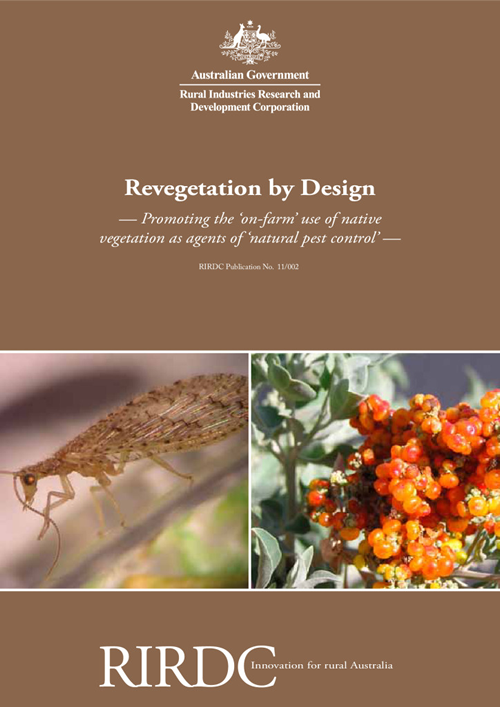This RIRDC report contains the data and findings generated by a project aimed at improving sustainability of intensive horticultural production systems, on the Northern Adelaide Plains (NAP), which is the largest source of fresh vegetables in South Australia.
On the NAP, a range of pest thrips transmit a devastating crop virus (causing lost production of approximately $25 million per annum) and their control is heavily reliant on chemical use, which is expensive and biologically non-sustainable.
Research was conducted to determine how beneficial and pest insects interact with native vegetation that is planted near crops, and use this knowledge to manipulate their populations to augment and/or replace current pest-management systems.
The report will be of use to growers, industry policy makers, scientists and natural resource managers.





